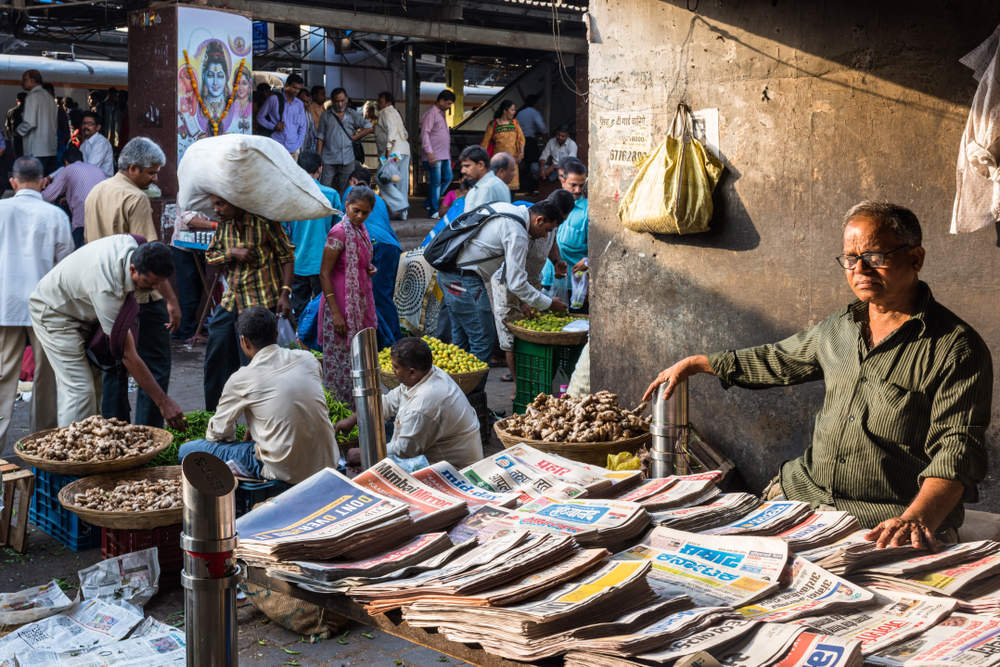
India’s Prime Minister Narendra Modi’s government has made a rapid u-turn on its proposed rules to crackdown on the online phenomenon of fake news in the country.
Yesterday the government’s Information and Broadcasting Ministry said journalists who were found to be creating or spreading fake news could have their government access revoked.
The government did not define what constitutes fake news.
However, the plans were rounded on by the government’s critics, with some labelling it an attack on the freedom of the press and an attempt by Modi’s government to control the press ahead of a general election due by next year.
What was said:
A senior official in Modi’s government told Reuters:
The prime minister has directed that the press statement regarding fake news be withdrawn and the matter be addressed in the Press Council of India.
How well do you really know your competitors?
Access the most comprehensive Company Profiles on the market, powered by GlobalData. Save hours of research. Gain competitive edge.
 Company Profile – free sample
Company Profile – free sampleThank you!
Your download email will arrive shortly
Not ready to buy yet? Download a free sample
We are confident about the unique quality of our Company Profiles. However, we want you to make the most beneficial decision for your business, so we offer a free sample that you can download by submitting the below form
By GlobalData
The country’s Information and Broadcast Ministry had said it was taking the steps after “noticing increasing instances of fake news in various mediums, including print and electronic media”.
In response, the government had planned to suspend the press accreditation of any reporter who is accused of having “created or propagated the fake news”.
Shekhar Gupta, a former editor of the Indian Express newspaper, was quoted by Reuters saying the move was “a breathtaking assault on mainstream media”, and urged journalists to resist it.
Gautam Lahiri, president of the Press Club of India, said:
This is an attack on the freedom of the press. The draconian order could be misused against genuine journalists.
The government should immediately withdraw this order.
Opposition Congress party leader Ahmed Patel asked via Twitter: “What is (the) guarantee that these guidelines will check fake news? Or is it an attempt to prevent genuine reporters from reporting news uncomfortable to the establishment?”
3. Is it not possible that motivated complaints will be filed to suspend accreditation until enquiry is on?
4.What is guarantee that these guidelines will check fake news or is it an attempt to prevent genuine reporters from reporting news uncomfortable to establishment?
2/2
— Ahmed Patel (@ahmedpatel) April 2, 2018
Background:
The term fake news has become wildly popular in recent months, furthered by US President Donald Trump’s branding of many mainstream news outlets as themselves fake news.
So much Fake News. Never been more voluminous or more inaccurate. But through it all, our country is doing great!
— Donald J. Trump (@realDonaldTrump) March 26, 2018
Singapore and Malaysia are meanwhile considering new laws to deal with fake news, sparking widespread concern from civil society groups.
A law proposed by the Malaysian government says that people found guilty of publishing fake news could be jailed for up to 10 years or face fines of more than $120,000.







